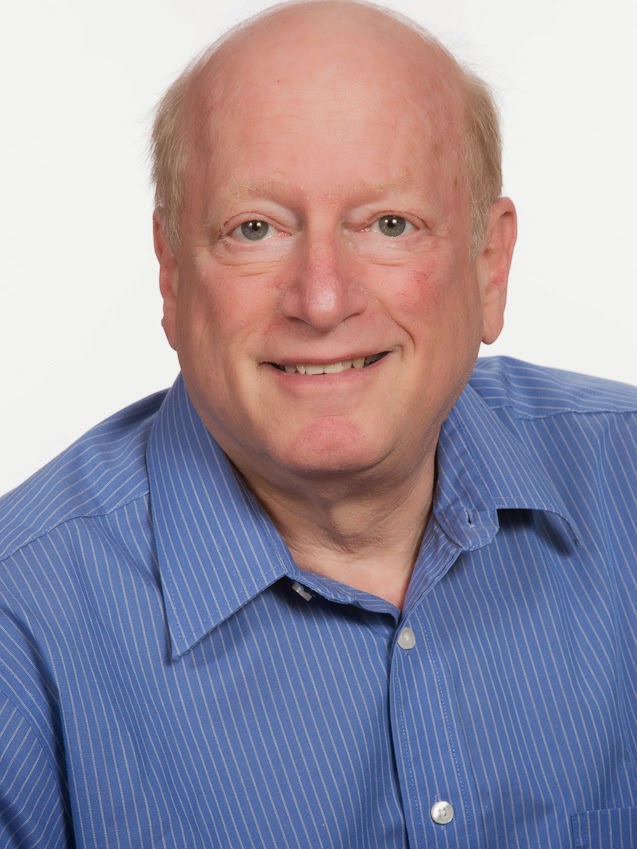- Public Policy
- Leadership
- Funding
- News & Events
- About the Center
Back to Top Nav
Back to Top Nav
Back to Top Nav
Back to Top Nav
The William Nelson Cromwell Professor of Law at Harvard Law School, Mark Tushnet is one of the leading theorists on constitutional law. He is the co-author of four casebooks and has written numerous books, including a two-volume work on the life of Justice Thurgood Marshall and, most recently, "Advanced Introduction to Comparative Constitutional Law," "In the Balance: The Roberts Court and the Future of Constitutional Law," "Why the Constitution Matters," and "Weak Courts, Strong Rights: Judicial Review and Social Welfare Rights in Comparative Perspective." He was President of the Association of American Law Schools in 2003. In 2002, he was elected a fellow of the American Academy of Arts and Sciences.
Before his talk this month for The Roger S. Aaron '64 Lecture entitled “Constitutional Review and a General ‘Right to Liberty’,” Courtney Wong ’15 sat down with Mark Tushnet for an interview.
 |
| Professor Mark Tushnet |
Courtney Wong (CW): You’ve taught law at several institutions of higher education. What is your favorite course to teach and why?
Mark Tushnet (MT): I think my favorite course is a course that we call at Harvard, “Legislation and Regulation.” It’s a course I actually started teaching at Georgetown more than 20 years ago. This course introduces students to the legal and policy issues associated with the modern administrative state. I begin by talking about why we have regulation and the different institutions we can use to implement regulation, and then the second half of the course focuses on statutory interpretation and modern administrative law. I just have a tremendous amount of fun doing it.
CW: What is your view of the Constitution’s place in our government?
MT: When I teach constitutional law, I actually think of myself as somebody trying to understand how the system works instead of someone who has views of how the system ought to be. My view is that the Constitution sets up the way we govern ourselves, and there are also a bunch of substantive rules about what the government is allowed and not allowed to do. When I do the analysis, I’m trying to figure out why the judges have said one thing or another, rather than trying to approve of the outcome.
CW: What do you think of the expanding role of the Constitution in recent decades?
MT: It’s not clear to me that the Constitution has actually played a larger role than it did in the past – it’s always a professional risk for someone like me to think that it is really important. However, with some obvious exceptions (like Bush vs. Gore, which basically decided a presidential election), most of what our government does is more or less “untouched” by serious constitutional question, so I don’t really think that the role of the Constitution has expanded.
CW: What are your thoughts about the ruling on United States v. Windsor and what it entails for the role of the Supreme Court in dictating policy? U.S. v. Windsor ruled that Section 3 of the Defense of Marriage Act is unconstitutional, defending the notion that the states reserve the authority to define marriage.
MT: For me, what Windsor illustrates is the way in which the Court can be responsive to social movements that have very little purchase at the time the justices were appointed. It’s perfectly sensible to say, for example, that Lyndon Johnson appointed Thurgood Marshall to the Supreme Court in response to the Civil Rights Movement. But what makes Windsor interesting is that the Gay Rights Movement wasn’t as socially significant as it is now when Anthony Kennedy (who wrote the opinion) was appointed to the Court in ’88. It just didn’t have the same kind of social role back then than it came to have now, so it’s an interesting example of the fact that social movements can influence law. We should examine how that happens to judges who were appointed because of their relation to the movement. The way that justices are affected by cultural changes is a puzzle.
CW: What do you like to do in your spare time?
MT: I’m something of a workaholic. The primary answer is seeing our grandchildren each week. I think one of them is doomed to be a lawyer – for some reason when she’s tired, instead of asking for a bedtime story, she’ll ask to be told a copyright trademark case